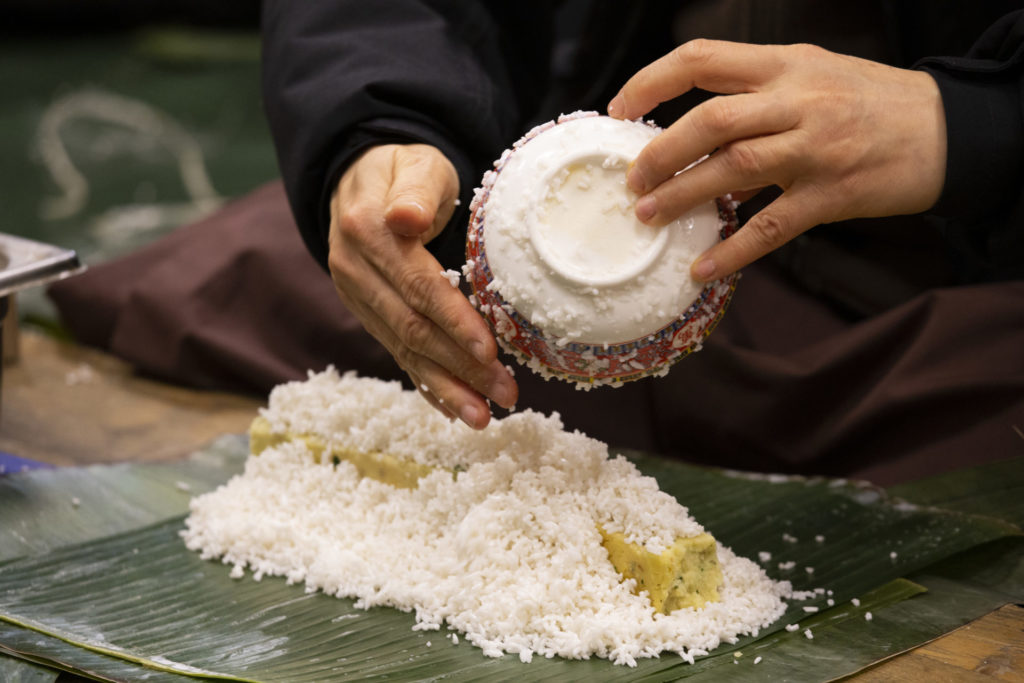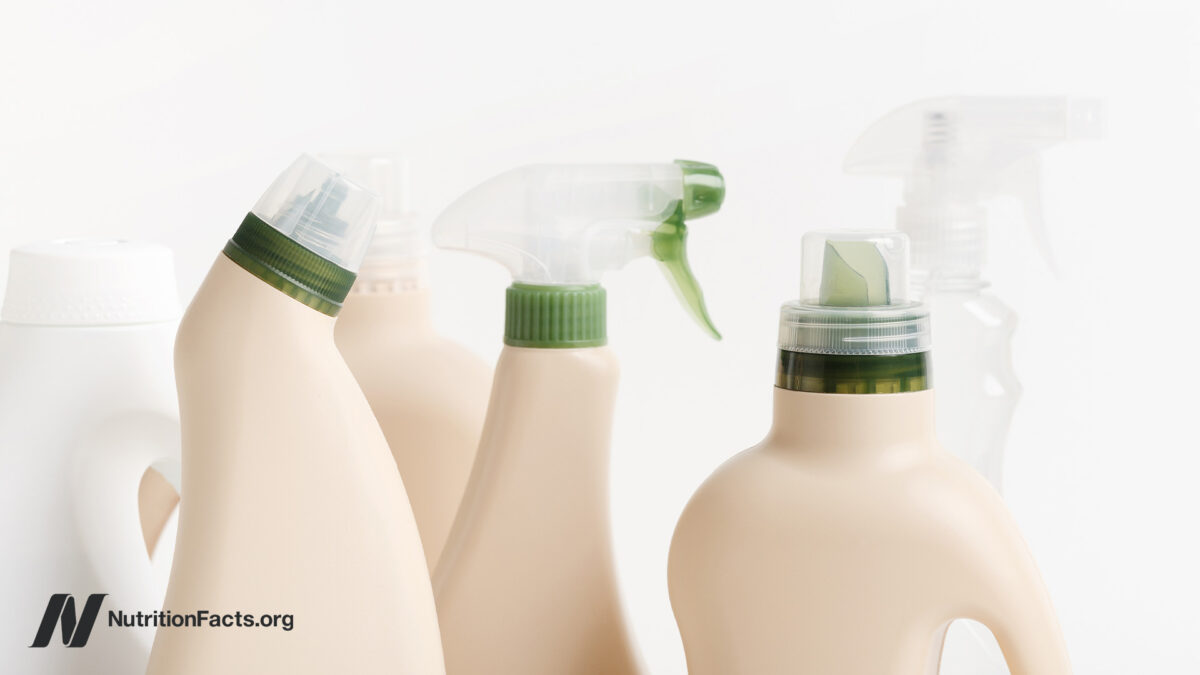Dealing Scaly, Dry Skin? Here's A Common Cause & How To Deal
We're in the peak season for showing off glossy, glowing skin. Here's how to get it.


mbg Beauty Director
mbg Beauty Director
Alexandra Engler is the beauty director at mindbodygreen and host of the beauty podcast Clean Beauty School. Previously, she's held beauty roles at Harper's Bazaar, Marie Claire, SELF, and Cosmopolitan; her byline has appeared in Esquire, Sports Illustrated, and Allure.com.
Image by Rene de Haan / Stocksy July 28, 2023 Our editors have independently chosen the products listed on this page. If you purchase something mentioned in this article, we may We're in the peak season for showing off glossy, glowing skin. Summer months mean breezier clothing, lighter layers, and significantly more time outdoors. And with that, your skin is likely getting more sun exposure than normal. UV damage is real, and it can lead to fine lines, dark spots, sagging, and texture. In fact, sun damage accounts for up to 80% of visible aging1! But one lesser-known skin side effect from the sun is increased dryness.
Advertisement
This ad is displayed using third party content and we do not control its accessibility features.
Yes, if your skin feels parched and scaly post-sun, you're not imagining it. The heat and UV rays literally dehydrate your skin and weaken your barrier. So if you just spent a long weekend out in the sun, here's how to help soothe your barrier—and get your complexion looking dewy and moisturized once again.How UV damage disrupts your skin barrier & dries skin out
Unprotected sun exposure does a number on the skin. "The DNA in skin cells gets damaged when the skin is unprotected and exposed to UVA and UVB radiation from the sun," explains Jodi LoGerfo, DNP, who is a doctor of nursing practice and a family nurse practitioner certified in family medicine and dermatology. The damage done to the DNA can result in premature aging, as well as skin diseases and even cancer.
But it can also deplete your skin of moisture, degrade the lipid barrier, and even alter the microbiome.
High temperatures and sun can cause moisture in the skin to evaporate into the air around it, an occurrence called transepidermal water loss. As the water leaves the skin, the epidermis dehydrates and can appear ashy and parched.
The heat and UV rays also damage the skin's natural oils. The skin's moisture barrier is made up of lipids and fatty acids that create a seal, which helps keep moisture trapped in the dermis. When the moisture barrier is damaged, it can lead to a scaly, cracked appearance—as well as increased irritation and sensitivity.
Finally, research shows that sun damage can even alter the microbiome2. The skin microbiome plays an important role in your body's immune function. And exposure to unprotected UV radiation can cause changes in how that immune function works—although researchers note that more studies are needed to determine how and to what extent.
How to keep skin hydrated post-sun
Spending time outdoors in the sunshine has loads of benefits for your mental and physical health—so we're not suggesting you avoid it altogether. Just do so responsibly!
The most important step is sunscreen. Find a formula you like (these are our favorites), use about 1 ounce worth for the body, and apply it 15 minutes before heading out into the sun. Be sure to regularly reapply it as suggested and certainly after getting wet.
Apres sun, it's all about hydration. Look for ingredients that restore moisture, feed the skin lipids and fatty acids, and have anti-inflammatory properties (to help mitigate any damage).
"The gold standard for a natural product is aloe," board-certified dermatologist Christina Chung, M.D., once told mbg. "It works well for post-sun care because of its anti-inflammatory properties."
While it's the most famous, it's certainly not the only one. Oat extracts, like oat oil and colloidal oat, have soothing properties. "Extracts of oat have been shown to lessen inflammatory mediators in the skin, giving significant clinical improvements in skin dryness, scaling, roughness, and itch intensity," board-certified dermatologist Loretta Ciraldo, M.D., FAAD, once told us about using the ingredient in skin care.
Or if you want to focus on barrier support, shea butter is another excellent option. It's been shown to seal moisture into the skin3. One study even suggests it has similar topical effects as ceramides4.
Advertisement
This ad is displayed using third party content and we do not control its accessibility features.
The takeaway
If your skin is looking a little more scaly and parched than usual, it may be due to increased sun exposure. Be sure to protect it with SPF prior to time outdoors, then restore hydration with a high-quality body moisturizer after.

 KickT
KickT 
-v1646695196476.jpg?1148x800)
































